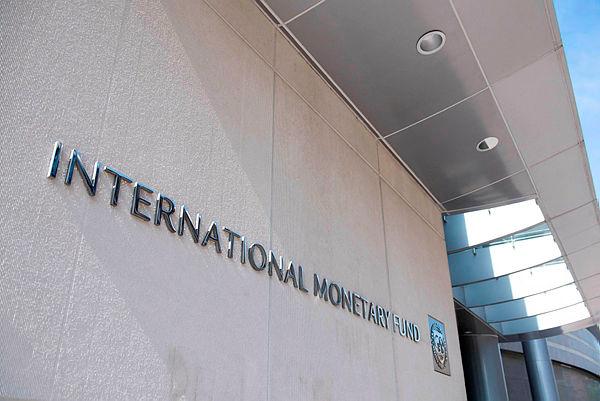WASHINGTON: An escalation of the conflict in Ukraine and related sanctions would negatively affect trade, remittances, and financial flows in Europe, the International Monetary Fund (IMF) said, reported Sputnik.
“An escalation of Russia’s war in Ukraine and associated sanctions would disrupt trade, remittances, foreign direct investment, and financial flows, threatening recovery prospects,” the IMF said in its new Regional Economic Outlook for Europe.
The fund warned that geopolitical risks in the continent remain substantial.
The IMF also stressed that weakened international cooperation, protectionism, and shortages of metals could lead to supply disruptions, rising input costs, and financial instability.
Inflation in Europe, it said, is expected to recede gradually in the foreseeable future.
“Inflation is expected to recede only gradually over the forecast period. While subdued domestic demand in 2023 and lower commodity prices will be passed through to core inflation, the projected recovery in real incomes and still-strong labour markets will slow the pace of disinflation.”
The fund warned that most countries in the continent likely will not reach their inflation targets before 2025. The report also pointed out that many economies, particularly emerging markets, may find themselves in a situation where sustained nominal wage growth exceeds inflation and productivity growth rates.
“Inflation could become entrenched, requiring additional policy tightening and potentially leading to stagflation,” the report warned.
It also cautioned that inflation and stagnant growth could undermine financial stability and debt sustainability in Europe.
“A stagflation scenario with higher inflation and stagnant growth is a key risk that could lead to adverse macro-financial spillovers to financial stability and debt sustainability,” it said, adding that downside risks to growth are currently dominating.
The IMF also expressed concerns over additional commodity price shocks and more persistent core inflation. Those potential risks could force central banks to tighten monetary policy more than expected, thus lowering growth, it added.
The report did not rule out that more backward-looking wage settings and tighter labor markets could increase inflation in some countries.
The regional economy also faces high risks to financial stability, the report said. Larger-than-expected interest rate hikes and weakening of the region’s property market could cause systemic financial instability, the IMF added.
The IMF also said that Europe faces structural shifts from geopolitical fragmentation and climate change, adding that they are compounding already-existing long-term growth problems. Weakening productivity growth remains a key factor clouding medium-term growth prospects, the report added.–Bernama-Sputnik









